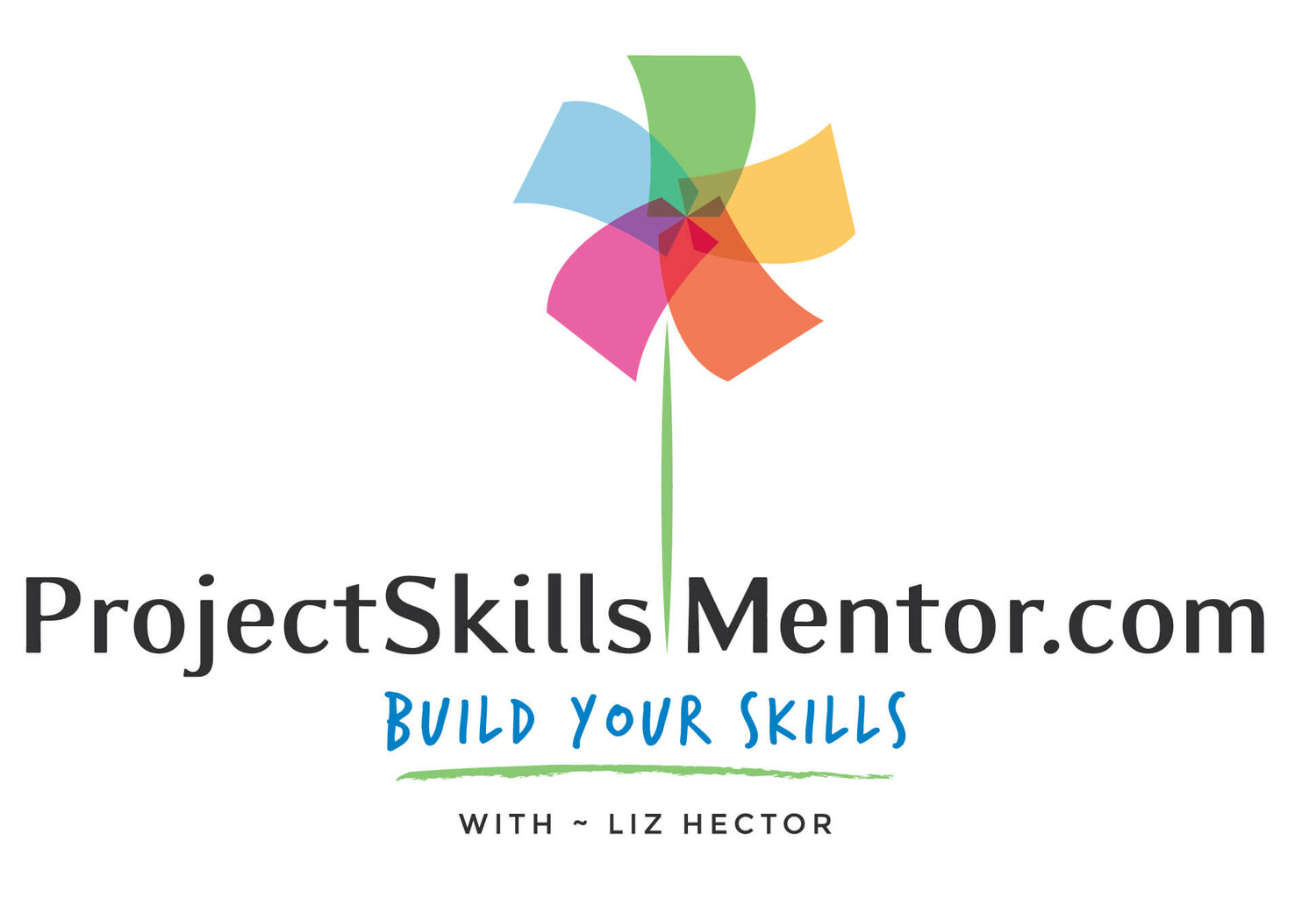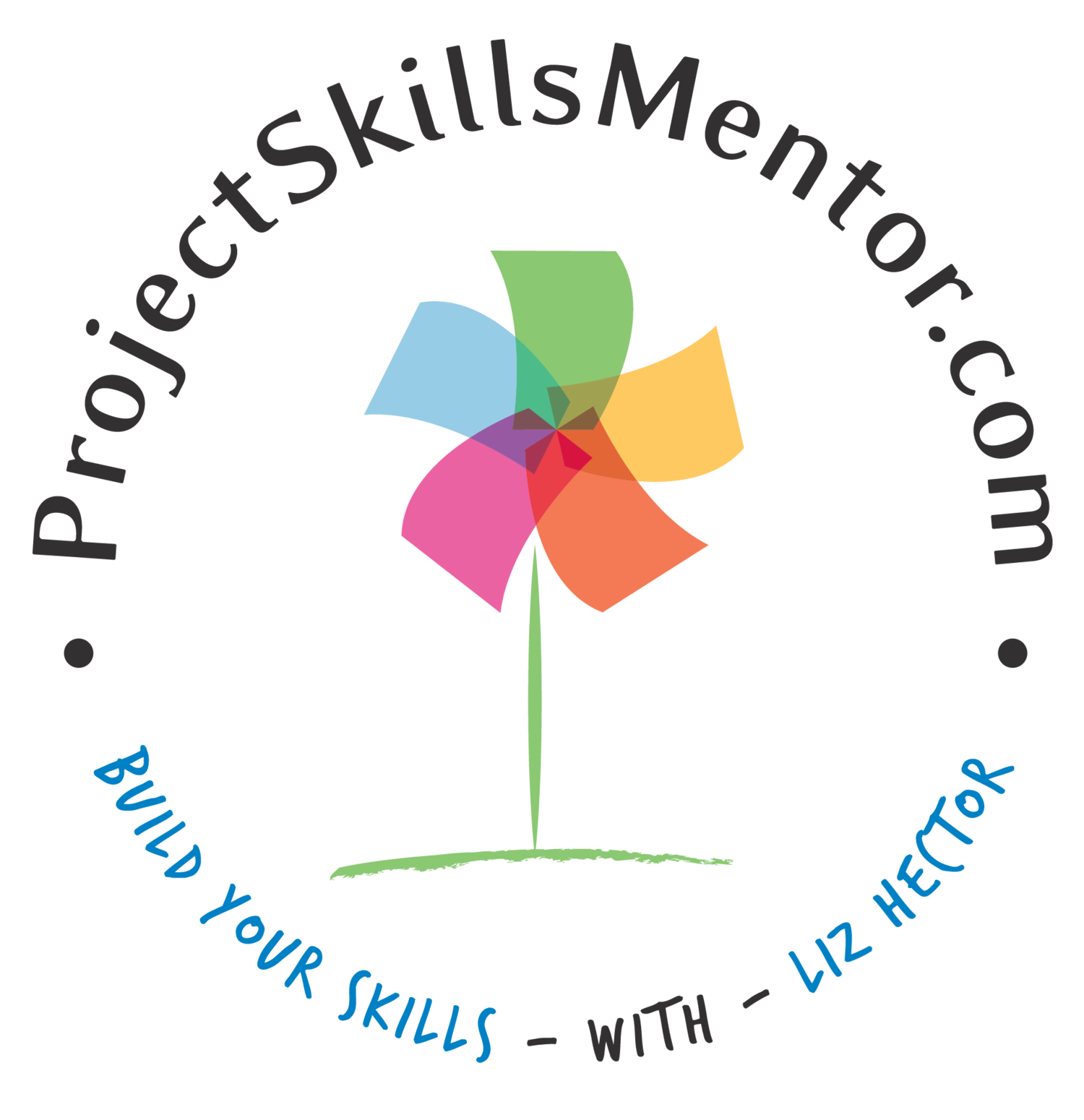The Power of Mentorship
How will Mentorship benefit you and your project?
Build confidence in yourself and your abilities.
Create a connections with like minded people.
Get real feedback to help you grow.
Get the Free Workbook to get your Mentoring Pre-work, Roadmap, Contract and Dashboard ready for your first meeting.
Project Management and Mentorship
In this blog space, we will explore the power of being a mentor and having one. Mentorship can take many forms. I have found myself learning from others in multiple situations — but that is not always Mentorship.
Great Mentorship is more than “picking someone's brain”. It is a partnership where both parties benefit. A process with a plan, and an approach that allows all parties to gain insight and long-term, sustained growth. This kind of Mentorship also demands a new dynamic between the people involved. And maybe even a new concept of how Mentorship works.
In future posts, I will share my views on the power of Mentorship instead of defining a relationship as "Mentor and Mentee." The power dynamic of mutual learning versus apprentice and master.
We will review the value and process of deference self mentorship, one-to-one Mentorship, and community mentoring. Each of these has a place and time to help you challenge yourself and grow.
We will discuss what makes Mentorships like partnerships. How to create good Mentorships built to succeed for both parties. Why Mentorships can provide success beyond those involved, and importantly, how we can be both Mentor and Mentored during our careers and life. So let's start by examining some of the building blocks of Mentorship.
“If you cannot see where you are going, ask someone who has been there before.”
As a business executive, I have seen the failure to mentor directly impacts the workforce of the future and today's young talented staff. I aim to start a conversation about how Mentorship allows us to see and improve our goals, roles, and opportunities.
Mentorship — A confidence Builder
Who likes to be seen as knowledgeable, reliable, relatable, and helpful? Pretty much, everyone. It does not matter if you are still in school or just retired. We all need to be needed.
Having something of value to share gives us confidence
When we share, and it is received and appreciated, we may learn something:
about the topic,
about ourselves, or
our about the human dynamic.
With the confidence that comes from sharing, we may have the ability to allow ourselves to learn all of the above. The freedom to be wrong, reconsider new information and change your mind. Those are hard things to do.
These can happen with the power of connections and the learned behaviors that allow you to grow.
Confidence is the first step to asking for a mentor and finding a Mentorship that meets the needs of all involved. It also allows you to move on from Mentorships that don't meet your requirements or goals.
Confidence also provides you, as the Mentor or Mentored, to ask for guidelines for the relationship. I will spell this out later as a "contract." But it takes confidence (and an example to walk the other party through) to show that a successful Mentorship starts with mutually stated intention and actions.
Mentorship —Creates Connections
What makes a great Mentor relationship? Connection with the other. We may not have much in common on the surface. However, if our intentions are aligned, and both (or all) parties have a goal for the connection and for themselves, then it is a great start.
Create connections that can last a lifetime
What may be key elements:
Shared alignment, a readiness to engage.
Shared understanding of the Goals.
Each party has motivation for taking part, and
Each as a perceived benefit for success.
These connections can last a lifetime. If you make a great connection, try to see past the current issues. Sure start with them, but once you find alignment, see if life or work themes that go deeper or more life changing could be explored. Maybe you go to your Mentor to get help with a “work overload” issue. But once that is tackled, is it time to have a career conversation? In fact, that may be at the root of the “overload” situation.
But to get to that point, you have to address an internal issue first: your Emotional starting point.
Having the right, not necessarily the same level of Emotional intelligence can be a big to get started. It is important to know something about yourself, your level of self, and shared empathy. Are you hard on yourself or others, or do you allow for grace and understand that not all disagreements demand resolution?
Emotional intelligence (otherwise known as emotional quotient or EQ) is the ability to understand, use, and manage your own emotions in positive ways to relieve stress, communicate effectively, empathize with others, overcome challenges and defuse conflict.
Sometimes what looks like disagreements are actually misunderstandings, misalignments, or alternative life experiences. If my life was nothing like yours, you might be able to have a Mentorship relationship. But you may not be able to sympathize with my point of view. This is normal since personal experiences likely shape them.
What are some of the things you can do at the start of a Mentorship to ensure you are ready? We will take this on in the next few posts.
How can you check to see if your intentions are aligned with the other parties in the Mentorship? I will share some self mentorship work soon.
Have you prepared yourself to listen, learn, and grow through the process?
Mentorship: Feedback helps you to Grow
Yes, Mentorship does make you grow — but who exactly is doing the 'growing.'
“Mentoring is to support and encourage people to manage their own learning so that they may maximize their potential, develop skills, improve their performance, and become the person they want to be. ‘Manage their own learning’ suggest that the responsibility for this lies with the mentoree (mentored person)”
Feedback is a gift that keeps on giving
With the virtuous circle of confidence created by Mentorship. You can give yourself and others' space to:
challenge concepts,
build on the ideas of others,
allow for someone else to be right,
give praise openly and without reservation,
accept praise and consider it a reward for the work done
How to find a Mentor? Look for opportunities to connect at School or Work. Join a Professional Organization (like PMI.org), Look online for a community. Once you find the right community. First, find out what the group is talking about then join in, share content and insights - show value to the group. When you meet a potential Mentorship Partner, reach out with a clear message of your goal and ask.
Growth can come from any part of the process. But you are the one that does the growing. How, allow yourself to be ready and able to look at yourself or a topic objectively. You can be vulnerable, and when you can do that, you can learn and grow beyond knowledge. You can grow as a person. And who does not want that?
If you want to get started on mentoring or being mentored, please review the other blogs including Finding a Virtual Mentor and The Mentoring Process - with the free downloadable Workbook to help you get Mentoring today!
Please join the Journey!
If you are interested in any of the topics I cover in the Project Skills Mentor Blog: project management, user experience, design thinking, or mentorship. Please join the community and share your feedback. Let's help each other.
Do you think Mentorship and Project Management are connected? What have you experienced as a Mentor or a Mentored person? Share your thoughts in the comments below.








